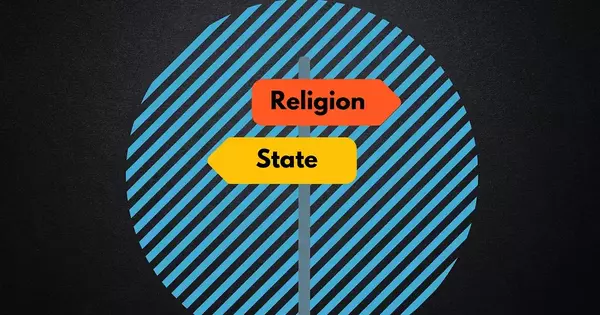Religious segregation is the separation of people based on their religious beliefs. The division or separation of individuals or communities based on their religious beliefs is referred to as religious segregation. The term has been applied to both religious-based segregation that occurs as a social phenomenon and segregation that results from laws, whether explicit or implicit.
Religious apartheid is a term that has been used to describe situations in which people are separated based on their religion, including sociological phenomena. It entails the isolation or exclusion of people from various religious backgrounds, which frequently results in distinct religious groups living separately and having limited interactions with one another. Residential segregation, educational segregation, employment discrimination, and social or cultural isolation are all examples of religious segregation.
Religious segregation has historically been prevalent in various parts of the world, particularly in societies with diverse religious populations. Religious intolerance, conflicts, political ideologies, and cultural differences have all contributed to it. Segregation has been enforced or promoted in some cases by governments or religious authorities through laws, policies, or societal norms.
Religious segregation can have serious social, cultural, and economic consequences. It can contribute to the perpetuation of stereotypes, prejudice, and discrimination among religious groups. It may also impede social cohesion, integration, and the development of pluralistic societies. Furthermore, religious segregation can limit opportunities for people of different religious backgrounds to interact, understand one another, and build mutual respect and tolerance.
Attempts to address religious segregation frequently include encouraging interfaith dialogue, education, and awareness in order to foster understanding and respect among various religious communities. Legal and policy measures aimed at ensuring religious freedom, equal rights, and non-discrimination are also critical in combating religious segregation. Furthermore, initiatives that promote social and cultural integration, mixed communities, and interfaith cooperation platforms can help overcome religious segregation and promote a more inclusive society.
















